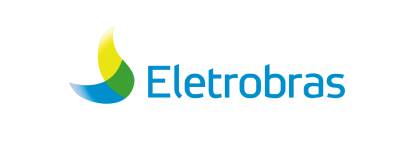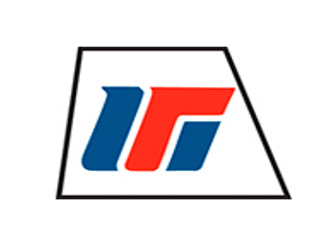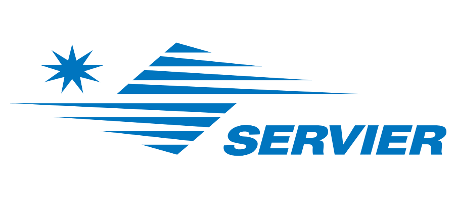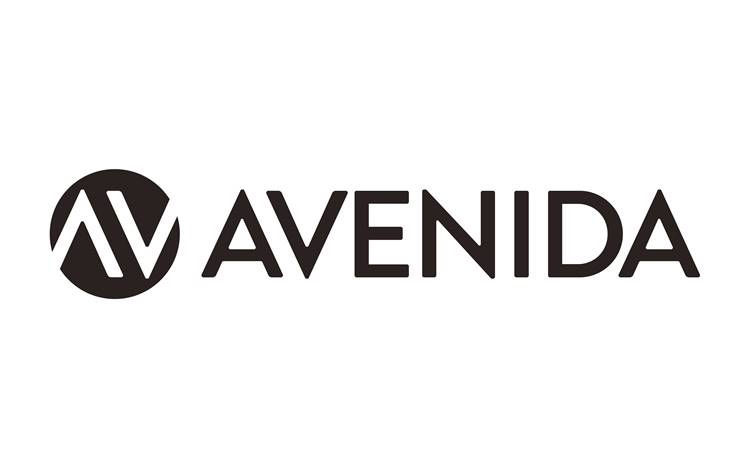PURPOSE
VISION
VALUES
PURPOSE
We challenge ourselves to generate a positive impact for our clients and our people.
VISION
To be recognized as a firm that offers innovative, secure and trustworthy solutions.
VALUES
IntegrityWe do what is right. Our reputation is key to success.
Excellence in ServicesWe are committed to our clients, professionals and partners. We go beyond our limits.
LeadershipWe value the capacity and the potential of each person. Leadership is to inspire people to develop themselves and achieve their best.
FocusOur moves are bold in terms of our objectives. We are open to changes; we learn from challenges and aim to make a difference.
InnovationWe invest in ideas and solutions that will result in continuous improvement.

Fabricio is the Managing Partner of Azets, a firm that he founded in 2018, focused on providing a high-quality service to his clients, in the areas of Tax Consulting, Outsourcing and Automation, by generating value and reducing costs.
He began his professional career at Deloitte in the 2000s and became an entrepreneur in 2013, when he was one of the founding partners of Infis Consultoria, being responsible for leading the Fiscal Compliance, Outsourcing and Individual Tax areas.
He leads consulting and tax planning projects, company restructurings, Due Diligence processes, revisions of tax procedures (main and ancillary obligations).
His main activities are the analysis, management and data processing, recovery of tax credits, outsourcing (accounting, fiscal, payroll and treasury) and accounting and fiscal automation.
Throughout his career, Fabricio provided services to dozens of both local and multinational companies in various segments; among which: Pharmaceutical, Oil & Gas, Mining, Civil Construction, Manufacturing, and Information Technology.
Fabricio has a B.A degree in Business Administration from the Centro Universitario La Salle, in addition to having attended several specialization courses in the areas of Tax and Fiscal Compliance. He has a good level of fluency in the English language.
Why Azets?
We believe in challenging accounting and tax paradigms.
Recovery of Credits
A secure, trustworthy and different solution from any other option in the market.
SPECIAL FEATURES
Security
Our professional fees are only due after the client has received funds/made offsettings.
Technology
Advanced data analysis allows us to test 100% of the tax information.
Automation
Automation assures a quicker amendment and integration of information.
APPROACH
Our work comprises full activities, from the identification to the recognition of the tax credit.
Step 1 • DATA COLLECTION
Data is obtained through an electronic power of attorney (low client effort).
Step 2 • DATA ANALYSIS
Advanced data analysis through electronic cross checking among tax accessory obligations.
Step 3 • PRELIMINARY REPORT
Unused credits are classified by risk level (low, medium and high)
Step 4 - AUTOMATED AMENDMENT PROCESS
Development of robots to amend digital files (SPED - Public Digital Bookkeeping System).
Step 5 - REQUEST FOR REFUND
Preparation of refund requests and monitoring of refund credits.
Tax Compliance
Tailor-made solutions developed to each of client’s businesses and operations.
ANALYSIS
Analysis and consistency tests between operations and SPED files.
Identification of taxes and fiscal contributions which were reported but not paid.
Identification of tax documents missing from tax filings (XML x SPED X ERP).
Checking sequence of invoices and eventual not declared revenues.
PROCESSING
Development of robots for automated processing (SPED), based on client data and procedures.
Step 1
Database mapping and definition of respective fields and entries.
Step 2
Definition of the accounting and fiscal rules and assumptions.
Step 3
Development of robotic process automation based on data and norms of each client’s businesses.
Step 4
Automated processing of the digital files (SPED)
Step 5
Review and consistency tests (database x SPED)
MANAGEMENT
Preparation of valuable information for client’s management:
• Main clients and suppliers per product and per region;
• Detail of the taxable bases and tax credits;
• Analysis of operations by nature and specific taxable event.
Outsourcing
“Brazilian companies spend an average of 1,958 hours per year to comply with the tax system, tax rules and obligations” - World Bank
ACCOUNTING AND TAX
Accounting assistance and tax routines.
LABOR
Payroll processing and accounting entries of salaries and social security charges.
FINANCE
Control and processing of accounts receivables and payables, cash flow analysis, bank accounts’ reconciliation and control.
APPROACH
We develop a process for each project, taking into account the businesses and operations of each client.
Step 1
Understanding the operation and mapping its processes.
Step 2
Alignment of expectations, deliverables and deadlines.
Step 3
Automation of manual and recurring activities.
Step 4
Detailing of improvements, risks and opportunities.
Step 5
Development of reports and tax obligations.
Process Automation
Robotic Process Automation (RPA) is a technological tool that automates parts or the entire activities of the client’s business process.
BENEFITS
Agile and cost optimized
Information is generated from any available database: no special models or standards of reports are necessary.
Time reduction
Robots realize tasks 3 to 5 times faster than an individual.
Standardization
Defined standards are strictly followed by robots.
Reduction in errors
Incorrections are significantly reduced, eliminating fines due to undue filings or delays in submitting tax obligations.
Focus on what really matters
By transferring the manual activities to the robots, the team can focus on reducing risks and improving management and performance.
The RPA does not substitute specialists. By automating processes, staff can dedicate themselves to more strategic and productive activities.
Consulting
Tax Consulting
Tax advisory in terms of legislation, review and adequacy of transfer pricing rules and support in tax audits.
Fiscal and Labor Diagnoses
Review of tax and labor procedures and compliance with legislation and regulations.
Due Diligence
Identification of eventual tax exposures not included in the financial reports of a potential target entity.
Planning
Corporate restructuring and/or succession planning process, aiming to reduce and or defer taxes.
Individual Tax Services
We advise clients on transferring expatriates to Brazil, as well as fiscal residence issues, regarding tax and compliance.

 EN
EN  BR
BR 


















